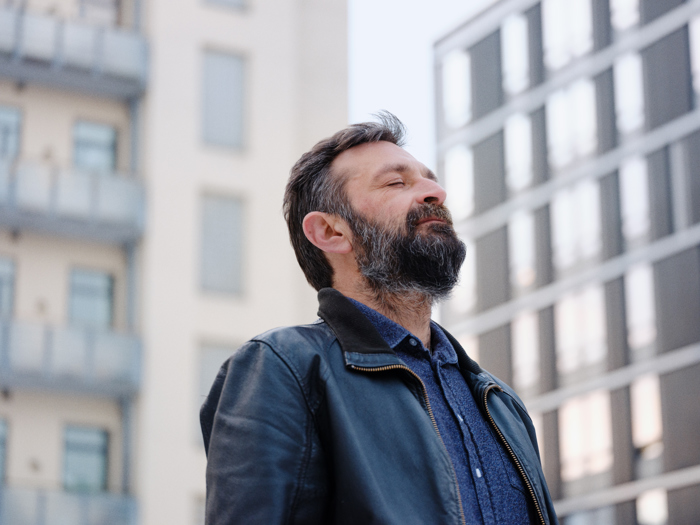Preparing to quit smoking
For some people, it will help to set a quit date in advance and spend the time leading up to this date to prepare. Others may prefer to stop suddenly.
If you today decide on a date of 2–4 weeks into the future, this will give you plenty of time to prepare. Decide if you want to start cutting down ahead of time or smoke as usual right up until your quit date.
In the run-up to your quit date, it is a good idea to change your smoking habits. For example, start smoking in different places and at different times than you usually would.
Try to avoid smoking in typical situations where you would usually have a cigarette, such as straight after a meal. This will help you break habits and start cutting down.
Good reasons for quitting will motivate you
Ask yourself the following questions:
- Why do you want to quit smoking?
- How much money are you going to save?
- What health benefits are the most important to you?
- What are you most looking forward to?
Write down all the reasons for quitting you can come up with and keep the list nearby for those days where you’re not feeling so motivated.
Plan for cravings
The cravings you will experience are linked to both nicotine withdrawal and behavioural habits. Most cravings pass after a few minutes. Nicotine addiction medications can help curb your cravings, but you also need to change your habits. Plan what you are going to do instead of smoking when you get a craving. This could be anything from drinking a glass of water to calling a friend or going for a walk.
Are you dreading nicotine withdrawal? Use the days before you quit to talk to your doctor or pharmacist about the different types of aids available. It may also be useful to talk to people you know who have already quit.
Prepare for temptation
Think about what temptations you will be faced with. In what situations will it be hardest for you not to smoke? Envisage these situations and decide on one or more strategies to help you get through them. Make your own “if, then” plans, for example:
- If I am offered a cigarette at a party, then I'll say no thanks, I don’t smoke.
- If I get a craving, then I will drink a glass of cold water.
The first few days are usually the hardest, so it might be best to avoid certain situations and places altogether during this period.
On the day you have chosen – quit smoking altogether!
Don’t take a single puff. All the withdrawal symptoms you may experience after you stop smoking will pass – as long as you don’t smoke. If you smoke occasionally, you will never get rid of the cravings.
Pay attention to food, drink and physical activity
In the first weeks after stopping smoking, your blood sugar may be rather unstable, making it important to eat well and regularly. Four meals a day plus healthy snacks such as fruit or crispbread are recommended.
Some people find that they gain weight when they stop smoking. To avoid this, pay close attention to what you replace smoking with.
Drink water when you are thirsty, and drink more frequently than usual. A couple of glasses of water can often help when you are experiencing cravings.
Be more physically active than usual. A brisk walk can help relieve withdrawal symptoms and counteract weight gain.
The difficult times will pass
The first few days are the hardest, but most people stop experiencing withdrawal symptoms after 2–4 weeks. Nicotine addiction medications or prescription drugs may help alleviate withdrawal symptoms.
You may also feel slightly down or find that everything seems hard work and depressing while your body and your brain’s reward system adjust to life without nicotine. But it will pass, as long as you keep going.
Rewards
Reward yourself for sticking to your decision. Set aside the money that you would otherwise have spent on cigarettes to buy something you want. The beginning is often the worst, so give yourself the first reward after 24 hours of not smoking. And don’t wait too long before your next reward.
Use medications and other aids
The Norwegian Directorate of Health recommends using medications and professional guidance to help you quit. Nicotine addiction medications alleviate withdrawal symptoms when you stop smoking and double your chances of succeeding. It is important to stick to the recommended dose. The most common mistake people make when using nicotine addiction medications to help them quit is underdosing. Ask at a pharmacy.
You can get advice and guidance on stopping smoking at your local municipal health and wellness centre “frisklivssentralen”. Your doctor, the Norwegian Labour and Welfare Administration (NAV) or other health professionals can refer you to your local health and wellness centre, or you can contact them yourself.
